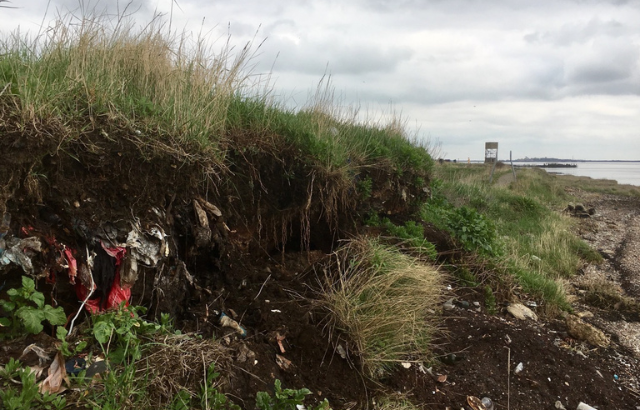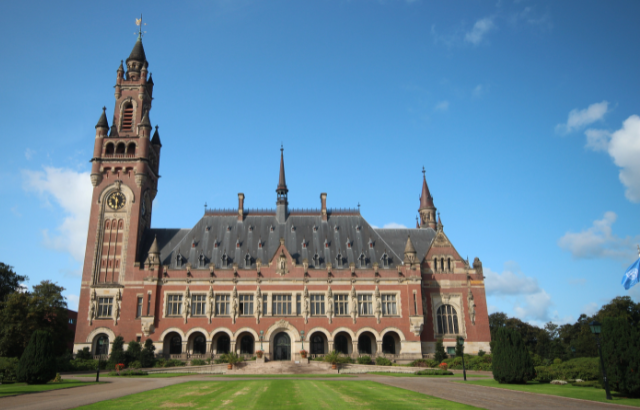New report sheds light on the impact of Covid-19 on gender and sustainability
An academic from Queen Mary University of London has contributed to a major report from the United Nations which explores the impact of the current Covid-19 pandemic on gender equality.

A girl wearing a face mask
Professor Sophie Harman from Queen Mary’s School of Politics and International Relations was one of the lead authors on a major new report from UN Women, the United Nations organisation dedicated to gender equality and the empowerment of women.
Covid-19 has been declared a public health emergency of international concern which, according to the UN Women report, can exacerbate gender inequality and threatens to derail hard-won progress on equality.
Sustainable Development Goals
The report, published as part of a series, Spotlight, on the UN’s Sustainable Development Goals (SDG), focuses on the socioeconomic and political implications of Covid-19 on women and gender across five key areas. Specific parts of the UN’s SDGs covered in the report include poverty, quality education and gender equality.
The paper also presents the latest evidence on the gendered impact of the pandemic and reflects on the long-term impact of the crisis on the achievement of the 2030 Agenda for Sustainable Development. The ambitious agenda seeks to end poverty by 2030 and promote shared economic prosperity, social development and environmental protection for all countries.
To date, more men than women have died from Covid-19 but as the report highlights, a lack of data on testing and infection rates by sex leaves many questions unanswered, including risks and exposure among different groups of women and men.
Recommendations for the future
Public health emergencies often exacerbate long-standing systemic health and social inequalities. The response to the pandemic moving forward, according to the report, must include support for vulnerable groups, including women and girls who were already at risk due to pre-existing inequalities. The findings also show that this group is also likely to be disproportionately affected as the pandemic further heightened gender and other forms of inequality in society.
Universal access to sexual and reproductive health and reproductive rights is another key recommendation of the report. Attention should also be given to sanitation, particularly with regard to girls and women and those in vulnerable situations.
Professor Sophie Harman, Professor of International Politics at Queen Mary said: “This Spotlight is a critical resource for world leaders, policy-makers, and activists in the response to Covid-19. The pandemic is a critical threat to the advancement of gender equality. We need real action now before we see a reversal in the hard-won gains in women's wellbeing and livelihoods around the world.”
Ginette Azcona, Senior Data and Policy Specialist at UN Women, said: “We know from past experience that public health emergencies often exacerbate long-standing systemic health and social inequalities. Covid-19 is proving to be no different. The response to the pandemic must include support for vulnerable groups, including for women and girls who were already at risk due to pre-existing inequalities and who are likely to be disproportionately affected.”
More information
Full report: Spotlight on gender, Covid-19 and the SDGs: Will the pandemic derail hard-won progress on gender equality?
- Study Politics and International Relations at Queen Mary
- Find out more about Queen Mary’s Global Health Security and Pandemics digital series.
Related items

10 December 2024

10 December 2024
For media information, contact:
